Reflections on the 2024 Spring Annual Meetings of the IMF and World Bank
Highgate has established itself as the global market leader in sovereign debt restructuring communications, working alongside financial and legal advisers. We help governments communicate their economic stabilisation measures effectively to international and domestic audiences and support them in dealing with crises that can endanger negotiations and undermine the achievement of a restructuring deal.
This month, Highgate attended the 2024 Spring Annual Meetings of the IMF and World Bank in Washington, D.C. to share and exchange insights on how countries struggling with unsustainable debt can chart a brighter economic future.
Highgate’s Jenna Galper shares her insights and key takeaways from the meetings below.
We are living in a shock-prone world, with a polycrisis driving both geopolitical and economic volatility that marks a sharp departure from the past few decades of relative peace and security. Today’s challenges are more complex and interrelated, such as the intertwined crises of debt and climate change, and siloed responses will no longer suffice. Additionally, international financial institutions are still operating under a model which assumes crisis is temporary. Experts advised we recognise that conflict is now endemic to many regions. Therefore, we must urgently develop new long-term instruments which blend humanitarian aid with development finance to ensure that states in conflict do not become reliant on a war economy model, making future peace and stability even harder to achieve.
While the IMF’s World Economic Outlook for 2024 projects higher-than-expected global growth, there are deep concerns about the ability of low-income countries to plan for the medium term. Five-year growth projections are among the lowest in decades, which could foretell another widespread crisis, increase in global poverty, and financial instability if not addressed. Additionally, this year’s higher growth figures are driven predominantly by the United States. The strength of the dollar and high interest rates will put even more pressure on poorer and heavily indebted countries. Experts and officials warned not to view the growth projections with too much undue optimism, as significantly divergent growth and economic fragmentation will bring many challenges.
Debt is a development issue. More than one billion people live in countries impacted by unsustainable debt, which means their governments are having to spend significantly more on debt servicing than on human capital investments such as healthcare, education, and poverty reduction. For example, heavily indebted countries are spending about 13 times as much on debt servicing as they are on addressing climate change. Global development goals such as fighting climate change and reducing poverty cannot be accomplished without a comprehensive approach to unsustainable debt. This must involve countries implementing rigorous economic reforms and public finance oversight, creditors being willing to engage in productive and timely restructuring negotiations, and international financial institutions emphasising the importance of investment into human capital development and climate resilience measures.
The growing pains of the G20 Common Framework were a common theme throughout the week, with discussions including how to streamline and expedite the process so that countries are not left in limbo for years awaiting debt restructuring while creditor negotiations stall, and how to incentivise other heavily indebted countries to apply for their debt treatment through the Framework. The case of Zambia is a key example of both the benefits and the challenges of the Common Framework. It enabled the country to arrive at landmark agreements with private and official creditors despite a complex and fragmented creditor landscape — but this took more than three years, during which the country was left unable to access international capital markets and attract much-needed foreign direct investment. To ensure that in the future, countries with unsustainable debt can resolve their debt burdens and return to economic stability and sustainable growth more quickly, the international financial community will need to continue improving the Common Framework to expedite the process. Some reforms already under discussion, such as establishing a clearer definition of the ‘comparability of treatment’ principle to assess agreements with different groups of creditors and implementing deadlines or timeframes to ensure swifter negotiations, would go a long way towards making the Common Framework more effective for everyone, countries and creditors alike.
By helping governments tell their stories more effectively, increase transparency, explain their economic reform agendas and successes, and manage crisis situations, Highgate helps sovereign clients achieve debt restructuring and build lasting political and economic partnerships, laying the groundwork for sustainable economic growth. Learn more about our sovereign advisory work at www.highgate.ltd.
